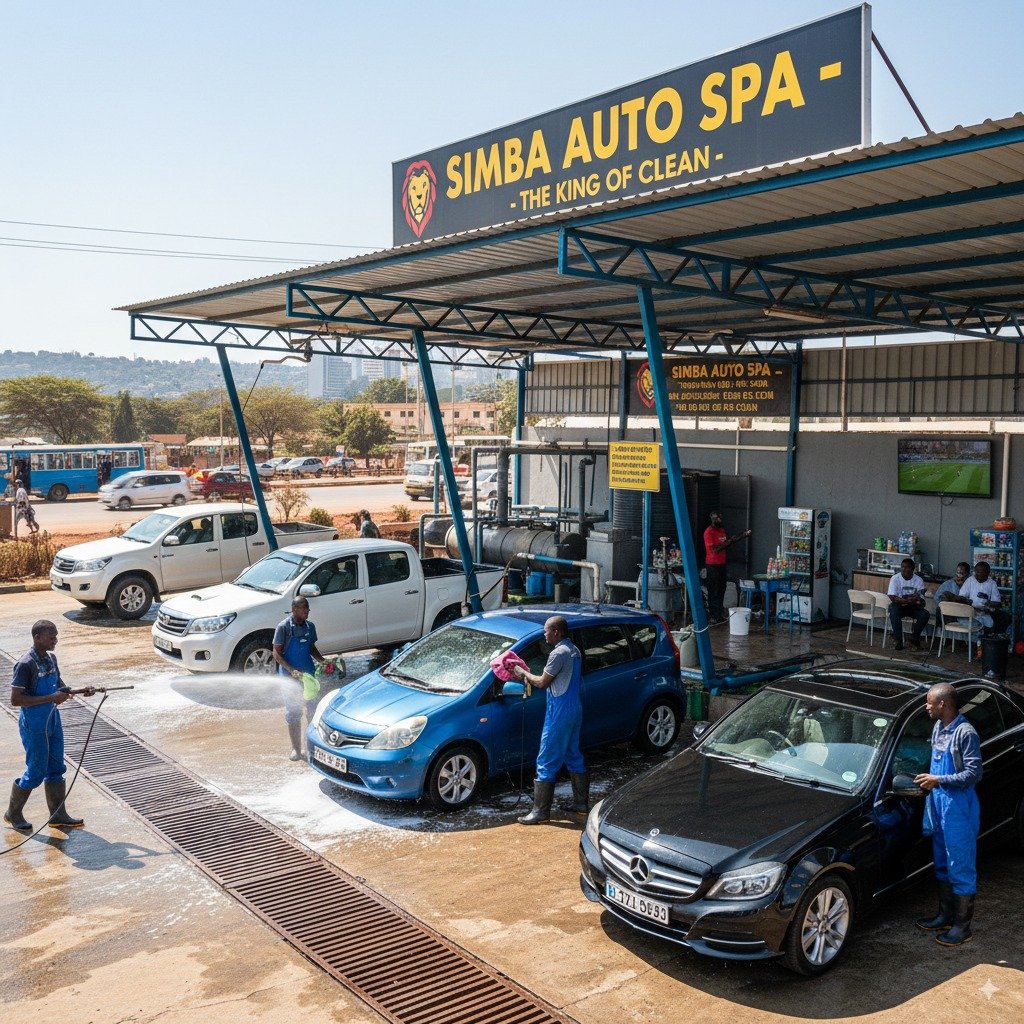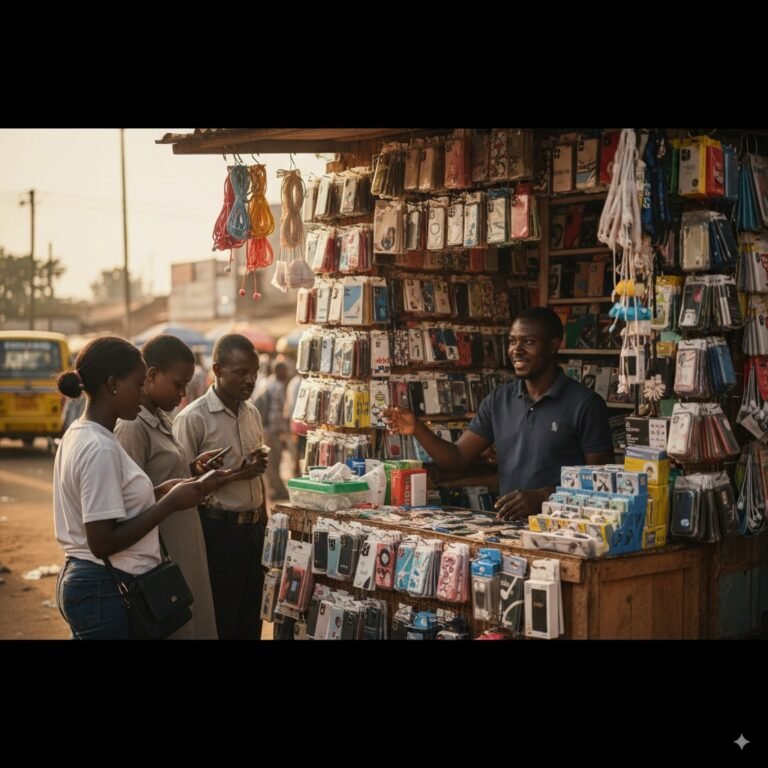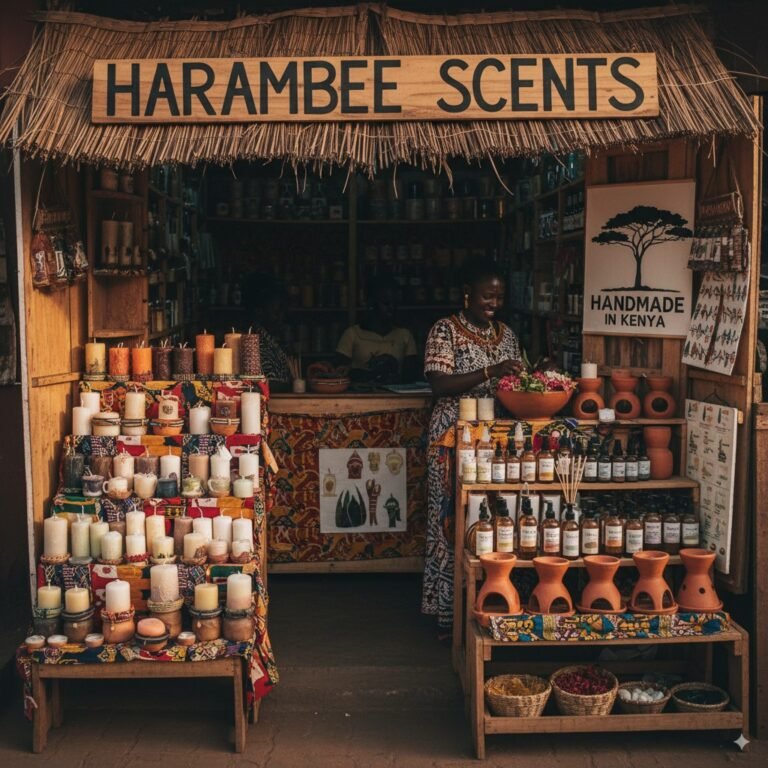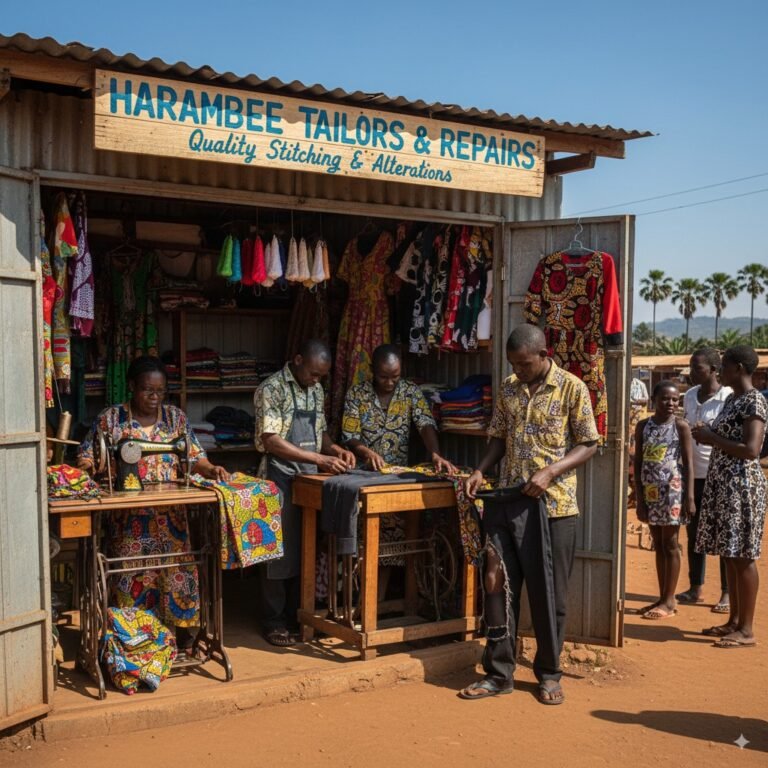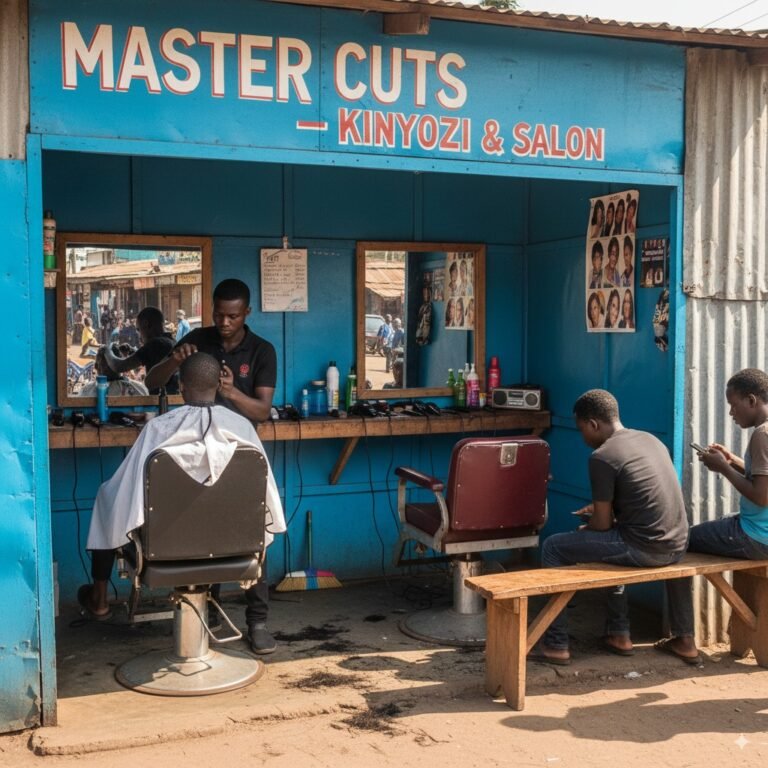How to Start a Car Wash Business in Kenya
Introduction
The car wash business in Kenya is one of the most reliable service hustles with daily cash flow. Cars get dirty every week, and owners want convenient, affordable cleaning services. Whether in towns, estates, or highways, a car wash attracts regular clients and offers room to expand into detailing, vacuuming, and polishing. With the right location and basic setup, you can start small and grow into a professional car care center.
Startup Costs 💰
The capital depends on your location and equipment.
- Capital Needed: KES 30,000 – 70,000
- Key Expenses:
- Water source/tank setup — KES 10,000 – 20,000
- Pressure washing machine — KES 15,000 – 25,000
- Hoses, buckets, brushes, and towels — KES 5,000 – 10,000
- Soap, shampoo, and wax — KES 2,000 – 5,000
- Shade/structure for cars — KES 5,000 – 10,000
- Branding and signage — KES 1,000 – 2,000
💡 Tip: Start with one pressure machine and expand as you grow.
Why This Business Works ✅
- Steady Demand: Cars need washing weekly.
- Daily Cash Flow: Clients pay immediately.
- High Traffic Areas: Locations near estates, highways, and malls attract cars.
- Scalable: Start with one bay, grow into a full car wash.
- Extra Services: Vacuuming, tire polishing, and engine cleaning increase revenue.
Step-by-Step Setup 🛠️
1. Find a Good Location
Look for:
- Near estates with middle-class car owners.
- Along highways or petrol stations.
- Around shopping centers or malls.
2. Secure a Water Source
Have a tank, borehole, or reliable piped water supply. Lack of water is the biggest reason car washes fail.
3. Buy Equipment
Start with one pressure machine, buckets, brushes, towels, and detergents. Upgrade to vacuum cleaners later.
4. Set Your Prices
- Small car: KES 200 – 300
- SUV: KES 300 – 500
- Vacuuming add-on: +KES 200
- Engine wash: KES 500 – 800
5. Market Your Business
- Place banners and road signs nearby.
- Offer discounts for repeat clients.
- Partner with boda boda riders for regular washes.
Profit Breakdown 📊
Example:
- Wash 20 cars per day at KES 300 average = KES 6,000 sales.
- Daily costs (water, soap, electricity) ~KES 1,500.
- Profit = ~KES 4,500 daily.
👉 Monthly profit = KES 100,000 – 130,000 for a single-bay car wash.
With multiple bays, profits can exceed KES 200,000+ monthly.
Challenges & How to Overcome Them ⚠️
- Water Shortage: Lack of reliable water supply kills many car washes.
- Solution: Invest in a water tank or borehole.
- Competition: Many car washes exist in urban areas.
- Solution: Differentiate with vacuuming, speed, and customer service.
- Weather Dependence: Rainy seasons reduce business.
- Solution: Add services like interior cleaning and detailing.
- Licensing & Permits: County councils may require environmental permits.
- Solution: Apply for licenses early to avoid fines.
Tips to Grow 🚀
- Add vacuum cleaning, polishing, and detailing.
- Sell car accessories like air fresheners, mats, and covers.
- Partner with petrol stations for referrals.
- Introduce loyalty cards (e.g., 5 washes = 1 free).
- Expand into a full auto-care center with mechanics and wheel alignment.
Frequently Asked Questions (FAQ) ❓
Q: How much do I need to start a car wash in Kenya?
A: With KES 30,000 – 70,000, you can set up a basic car wash with one pressure machine.
Q: Is a car wash profitable?
A: Yes. A small car wash can make KES 4,000 – 5,000 profit daily, with monthly earnings of KES 100,000+.
Q: What is the best location for a car wash?
A: Near estates, shopping centers, highways, and petrol stations.
Q: Do I need a license?
A: Yes, most counties require a business permit and environmental approval for water use.
Conclusion
The car wash business in Kenya is a steady hustle with reliable daily income. With KES 30,000 – 70,000, you can set up a basic car wash, attract regular clients, and grow into a full auto-care center. By focusing on a good location, reliable water supply, and excellent service, you can build a profitable business that thrives even with competition.
👉 Explore more hustler-friendly opportunities in the Business Ideas Hub — with over 50+ small businesses you can start today.

